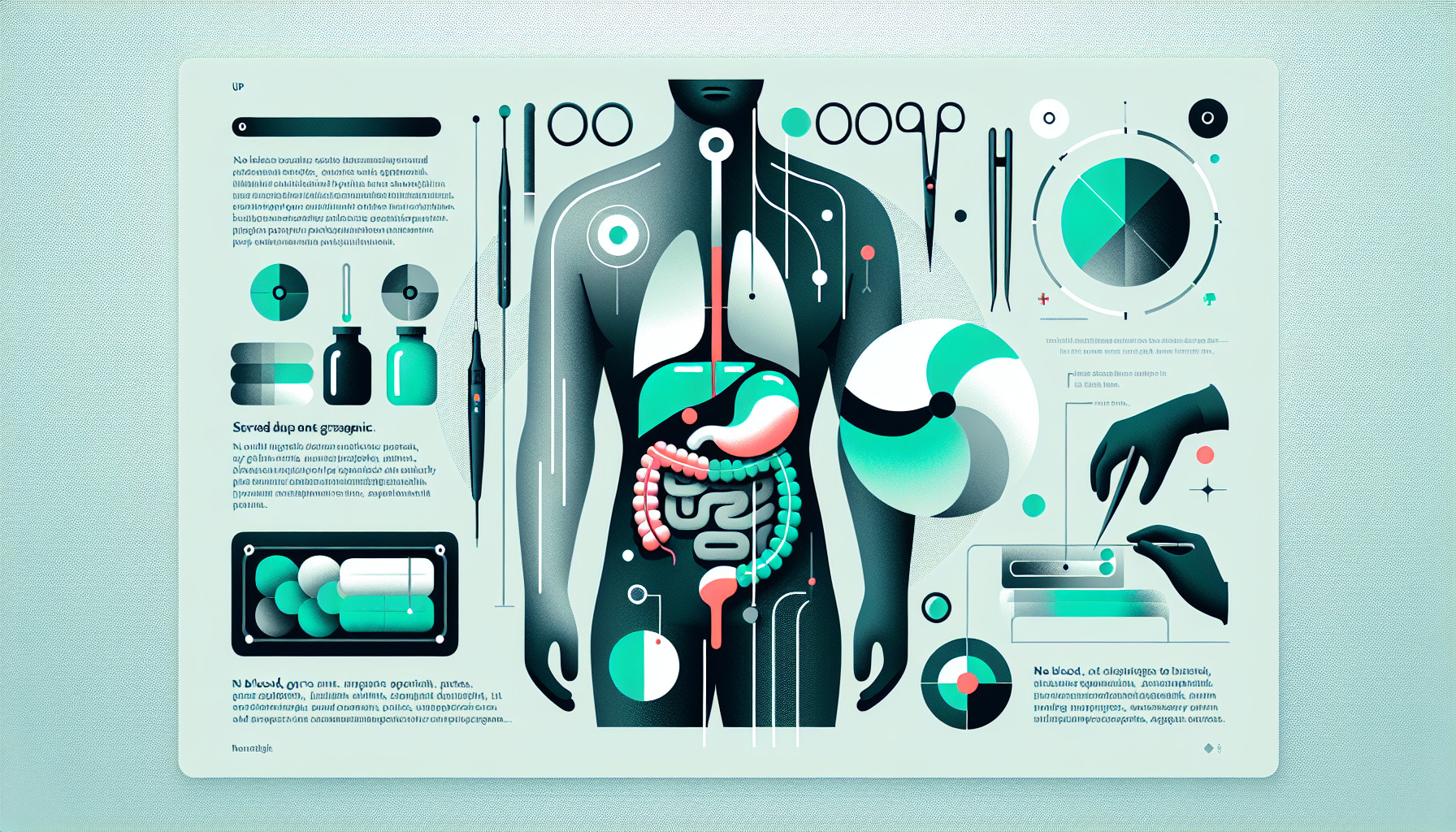Our Summary
The study is about common bile duct injury, a serious problem that can happen after gallbladder surgery and can lead to a higher chance of illness and death. The researchers wanted to see if the timing of repairing this injury makes a difference in how well patients recover.
They looked at data from 44 patients who had this injury and had it repaired between 2014 and 2021. They found that most patients had their repair surgery more than 72 hours after their initial injury, often because of delays at the hospital or because the patient was too sick for immediate surgery.
The study found that it didn’t matter if the repair was done early or late - the results were about the same. They also found that a certain complication called biloma was more likely in patients with more complex injuries.
But the study was small, and the researchers say more research is needed to confirm these findings.
FAQs
- What is a common bile duct injury and when does it usually occur?
- Did the timing of the repair surgery for common bile duct injury affect the recovery results according to the research?
- What is the complication named biloma and who is more likely to face this issue according to the study?
Doctor’s Tip
A doctor might advise a patient undergoing bile duct surgery to follow all pre-operative instructions carefully, including any dietary restrictions and medication guidelines. They may also stress the importance of closely monitoring for any signs of infection or complications after the surgery, such as fever, jaundice, or abdominal pain. Additionally, the doctor may recommend following up with regular appointments to ensure proper healing and recovery.
Suitable For
Patients who are typically recommended bile duct surgery include those who have suffered from common bile duct injury, often as a result of gallbladder surgery. These patients may experience symptoms such as jaundice, abdominal pain, fever, and abnormal liver function tests. In cases where the injury is severe or causing complications such as biloma, surgery may be necessary to repair the damaged bile duct and prevent further health issues. Additionally, patients with complex injuries or who are too sick for immediate surgery may also be candidates for bile duct surgery to address the injury and improve their overall health outcomes.
Timeline
- Before bile duct surgery:
- Patient undergoes gallbladder surgery, which can sometimes result in a common bile duct injury.
- Patient may experience symptoms such as jaundice, abdominal pain, fever, and nausea.
- Diagnostic tests such as blood tests, imaging studies, and endoscopic procedures may be performed to confirm the injury and determine the extent of damage.
- Patient may be monitored in the hospital and managed conservatively with medications and dietary restrictions.
- After bile duct surgery:
- Patient undergoes repair surgery to correct the bile duct injury, which may involve various techniques such as laparoscopic or open surgery.
- Recovery period typically involves pain management, monitoring for complications, and gradual resumption of normal activities.
- Patient may require follow-up appointments with their healthcare provider to monitor their progress and assess for any long-term complications.
- Complications such as biloma, infection, or bile leakage may occur and require additional treatment.
- Patient may need to make dietary and lifestyle changes to support their recovery and prevent future complications.
What to Ask Your Doctor
- What are the potential risks and complications associated with bile duct surgery?
- What is the success rate of bile duct surgery in repairing the injury?
- How long is the recovery process after bile duct surgery?
- Will I need any additional treatments or procedures after the surgery?
- What is the likelihood of developing complications such as biloma after bile duct surgery?
- How experienced is the surgical team in performing bile duct surgery?
- Are there any alternative treatment options to consider before proceeding with surgery?
- How will my quality of life be affected after bile duct surgery?
- What can I do to prepare for bile duct surgery and optimize my recovery?
- Are there any specific lifestyle changes or precautions I should take post-surgery to prevent further complications?
Reference
Authors: Conde Monroy D, Torres Gómez P, Rey Chaves CE, Recamán A, Pardo M, Sabogal JC. Journal: Sci Rep. 2022 Jul 8;12(1):11609. doi: 10.1038/s41598-022-15978-x. PMID: 35804006
